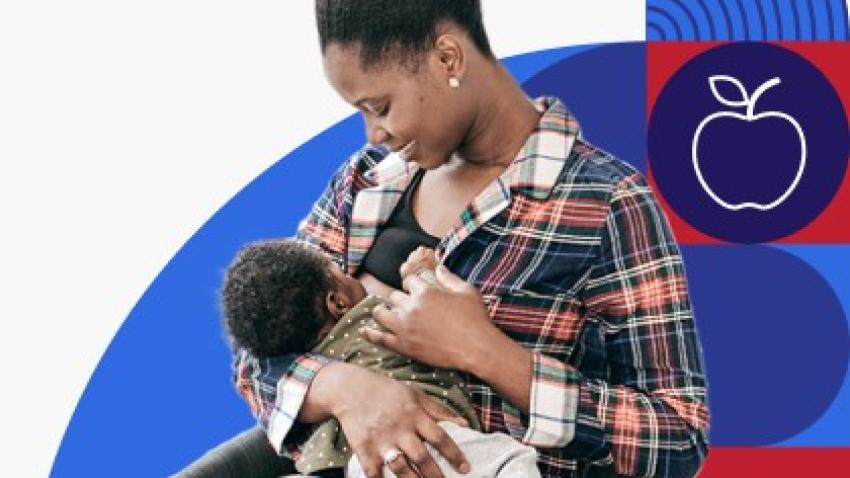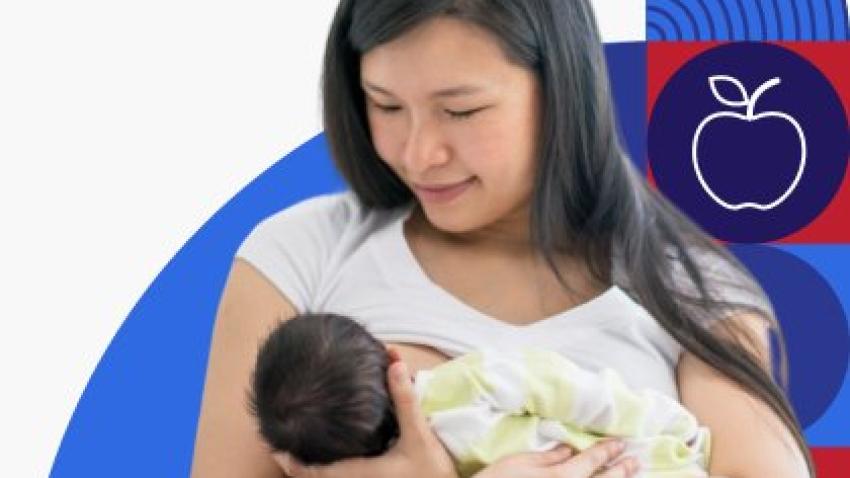Pregnancy
Talk with Your Doctor About Newborn Screening

The Basics
Overview
Talk about newborn screening with your doctor or midwife before your baby is born. Newborn screening includes tests that check for certain diseases and conditions in newborn babies.
Newborn screening lets doctors find these diseases and conditions early — before your baby shows any signs of a problem. Treating problems early is important to keep your baby healthy and developing normally.
Your baby will get most tests before leaving the hospital. The tests don't cause any harm or risk to your baby. Check out these common questions about newborn screening.
Blood Tests
What tests will my baby need?
All states require newborn screening, but the number and types of tests can be different from state to state. Depending on your family health history, you may want to ask the doctor for extra tests.
Most newborn screening tests use a few drops of blood taken from the heel of your baby’s foot. Doctors can use the same sample of blood to test for many different diseases, including:
- Hypothyroidism: The thyroid is a gland in the neck that makes the thyroid hormone. Hypothyroidism (low thyroid hormone) can cause problems with growth and development, but it can be treated if it’s found early.
- PKU (phenylketonuria): People with PKU can’t process certain foods. To make up for the foods they can’t eat, they have to drink a special formula. If it’s not treated early, PKU can cause intellectual disability — which can limit a person’s ability to learn and use everyday life skills.
- Sickle cell disease (SCD): SCD is a blood disorder that affects the entire body. Because children with SCD have a higher risk of infection, serious pain, and other health problems like stroke, finding and treating SCD early is important.
Other Tests
Critical congenital heart defects
Critical congenital heart defects (CCHDs) are serious problems that affect how well your baby’s heart works. Many heart defects can be treated if they’re found early, so it’s important to screen your baby for CCHDs before they go home from the hospital.
Doctors test for CCHDs by placing a small sensor on your baby's skin. This test is painless and only takes a few minutes.
Hearing
A hearing screening checks how your baby responds to sounds using a tiny sensor or earphone. If your baby has hearing loss, finding out early can help prevent problems with speech, language, and social development.
If your hospital doesn’t screen for hearing loss, ask your baby's doctor to check your child's hearing in the first month.
Some hearing loss starts later on, so have your child's hearing checked if you notice any problems. Learn more about signs of hearing loss in babies and children.
If your child has hearing loss, it’s important to get help early on. Getting treatment early helps children with hearing loss develop communication and social skills. Some children may also be able to use devices that help them hear, like a hearing aid, or get medicine or surgery.
Content last updated September 7, 2023


